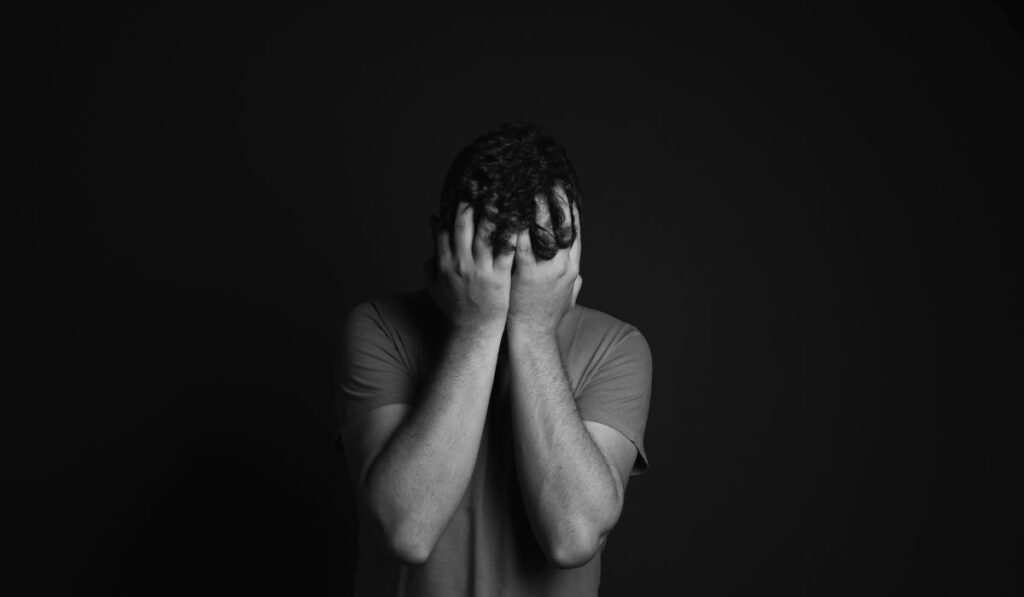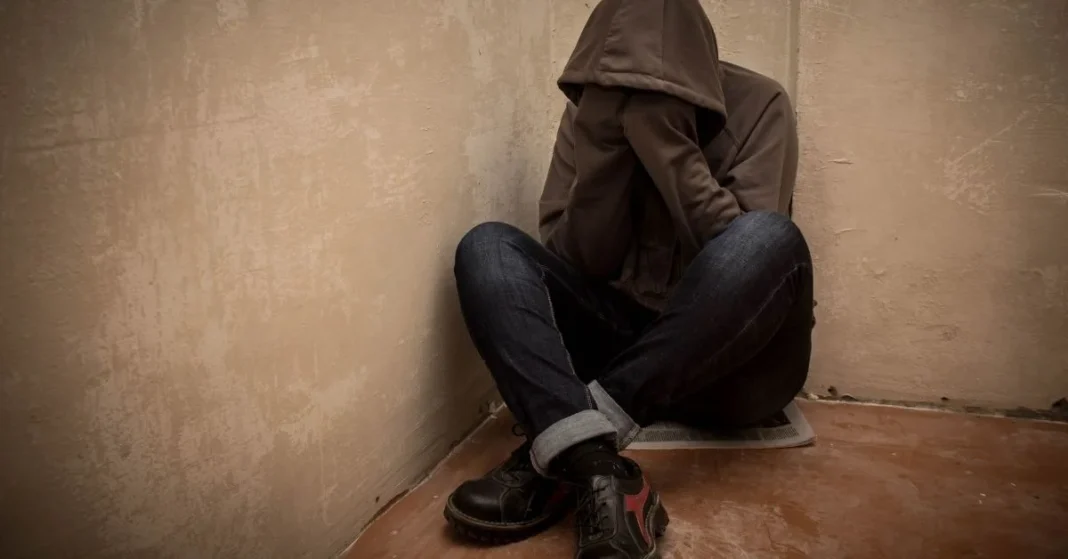By: Sidra Akhtar
As a clinical psychologist, I’ve worked with numerous individuals struggling with depression. It’s a complex and multifaceted mental health disorder that affects millions worldwide. In this article, I’ll provide an in-depth look at depression, its symptoms, causes, and treatment options.
What is Depression?
Depression is a mood disorder characterized by persistent feelings of sadness, hopelessness, and a lack of interest in activities. It’s not just about feeling “down” or “blue”; it’s a serious condition that can impact daily life, relationships, and overall well-being.
Symptoms of Depression
Depression can manifest differently in each person, but common symptoms include:
- Persistent feelings of sadness, emptiness, or hopelessness
- Loss of interest in activities once enjoyed
- Changes in appetite or sleep patterns
- Fatigue or loss of energy
- Difficulty concentrating or making decisions
- Physical symptoms like headaches or stomach problems
Causes of Depression
Depression can be triggered by a combination of genetic, environmental, and psychological factors, including:
- Genetics: Family history of depression or other mental health conditions
- Life events: Trauma, stress, loss of a loved one, or significant changes
- Brain chemistry: Imbalances in neurotransmitters like serotonin and dopamine
- Medical conditions: Chronic illnesses, pain, or medication side effects
Treatment Options
Fortunately, depression is treatable. Effective treatment options include:
- Psychotherapy: Cognitive-behavioral therapy (CBT), interpersonal therapy (IPT), and psychodynamic therapy can help individuals identify and change negative thought patterns, improve coping skills, and develop more adaptive behaviors.
- Medication: Antidepressants can help regulate mood and reduce symptoms.
- Lifestyle changes: Regular exercise, healthy eating, and stress management techniques can also help alleviate symptoms.
Breaking the Stigma
Depression is often stigmatized, leading many to suffer in silence. It’s essential to recognize that depression is a treatable condition, and seeking help is a sign of strength, not weakness.
Depression is a complex and treatable condition that requires compassion, understanding, and professional help. If you’re struggling with depression or know someone who is, don’t hesitate to reach out for support. With the right treatment and support, it’s possible to manage symptoms and improve overall well-being.
The writer is a Clinical Psychologist







